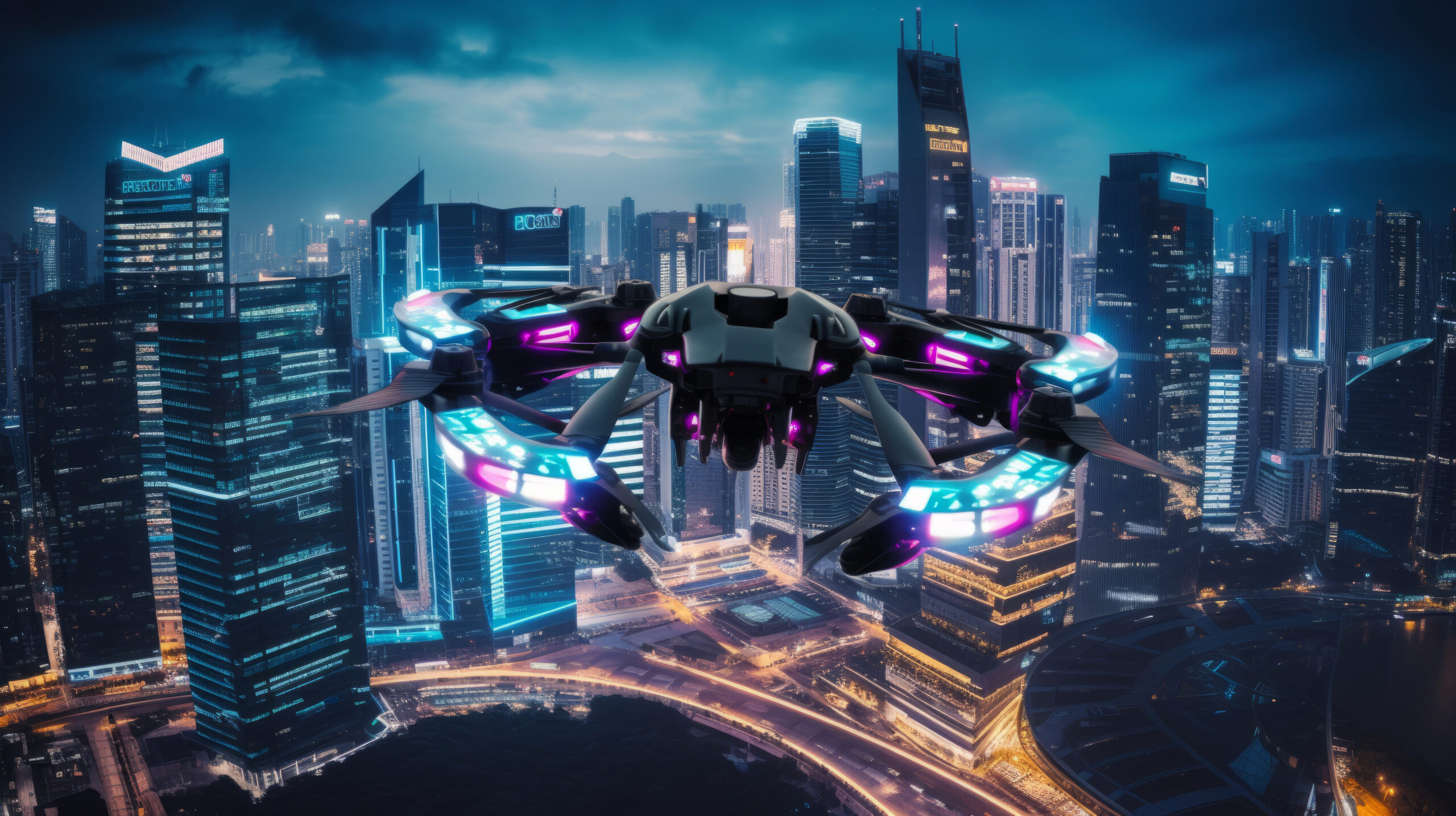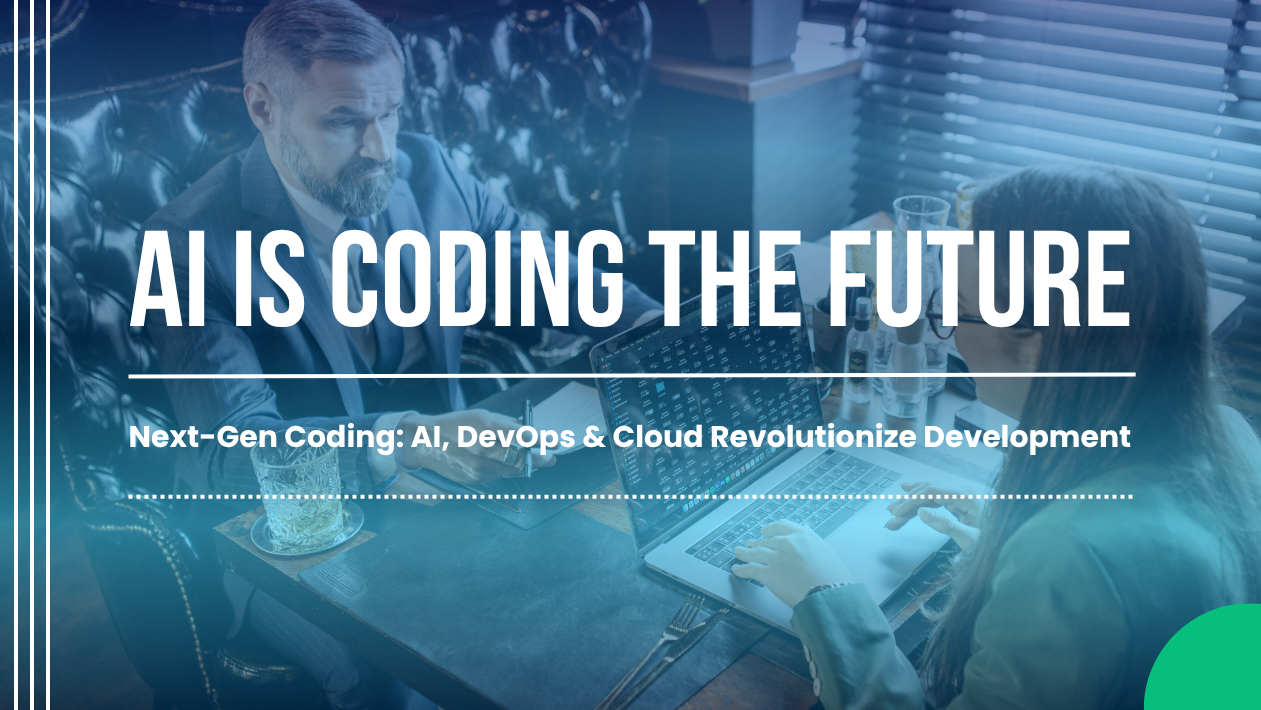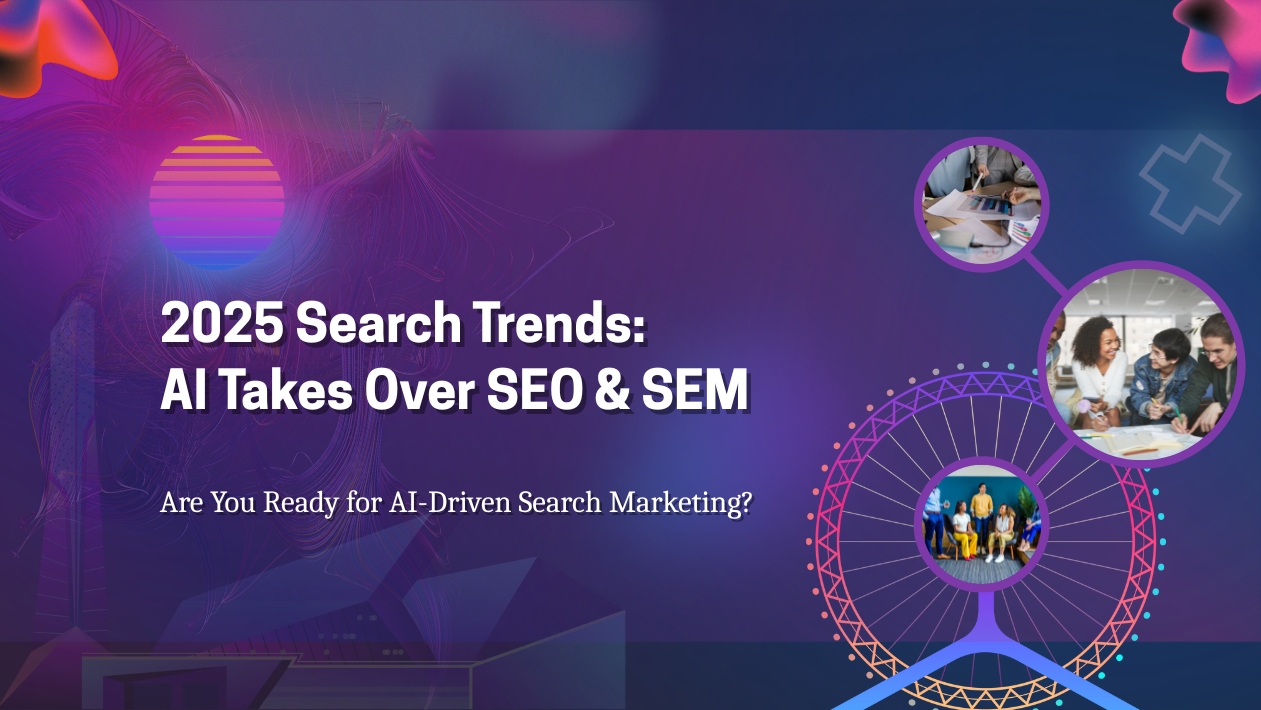As we enter the second half of 2025, the landscape of emerging technologies is evolving rapidly, driven by unprecedented breakthroughs in quantum computing, spatial artificial intelligence, neurotech, and bio-digital convergence. These innovations are not just disrupting industries—they’re redefining how we interact with machines, data, and even our own biology.
Quantum Computing Hits Commercial Milestones
2025 marks a pivotal year for quantum computing, as companies like IBM, Google, and IonQ move from research to practical deployment. Quantum-as-a-Service (QaaS) offerings are now helping firms solve previously intractable problems in logistics, drug discovery, and financial modeling—at speeds impossible with classical computers.
Governments are also scaling quantum investments, eyeing cybersecurity, climate simulation, and materials science as key application areas.
Spatial AI Powers Next-Gen Interfaces and Robotics
Spatial AI—where machines understand and interact with 3D space in real time—is being embedded in autonomous vehicles, robotics, AR/VR, and smart cities. Powered by edge computing and real-time sensor fusion, spatial AI enables drones to navigate indoors, robots to work safely beside humans, and AR glasses to deliver context-aware overlays.
Companies like NVIDIA, Apple, and Niantic are leading in developing powerful on-device spatial intelligence.
Neurotech and Brain-Computer Interfaces Enter the Mainstream
What was once science fiction is now entering the workplace and healthcare. Brain-computer interfaces (BCIs)—such as those developed by Neuralink and Synchron—are helping patients regain mobility, control devices with thought, and interface directly with digital environments.
In parallel, cognitive enhancement wearables and neurofeedback tools are gaining traction in mental wellness and productivity applications.
Bio-Digital Convergence Fuels Health Innovation
Technologies like digital twins of the human body, wearable biosensors, and AI-driven genetic analysis are converging to deliver hyper-personalized medicine. In 2025, predictive health platforms use real-time biometric data to recommend lifestyle changes, detect disease early, and even simulate drug responses before treatment.
This bio-digital integration is reshaping preventive care, longevity research, and precision therapy.
Autonomous Systems and Edge AI Gain Ground
From delivery robots to industrial drones, autonomous systems powered by edge-based AI are transforming sectors like logistics, agriculture, and construction. These systems operate with low latency, enabling fast decisions without needing a constant internet connection—a critical advancement for safety and scalability.
Sustainable Tech and Clean Energy Innovations Rise
Emerging technologies are also addressing the planet’s biggest challenges. Innovations in solid-state batteries, carbon capture nanotech, green hydrogen production, and AI-driven energy grids are enabling more sustainable and efficient infrastructure at scale.
Outlook: From Disruption to Integration
In 2025, the key trend is convergence—where multiple emerging technologies intersect to create exponential impact. Organizations embracing these shifts are gaining first-mover advantage, while regulators race to establish ethical frameworks around privacy, safety, and equity.





